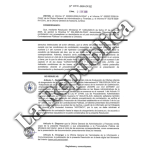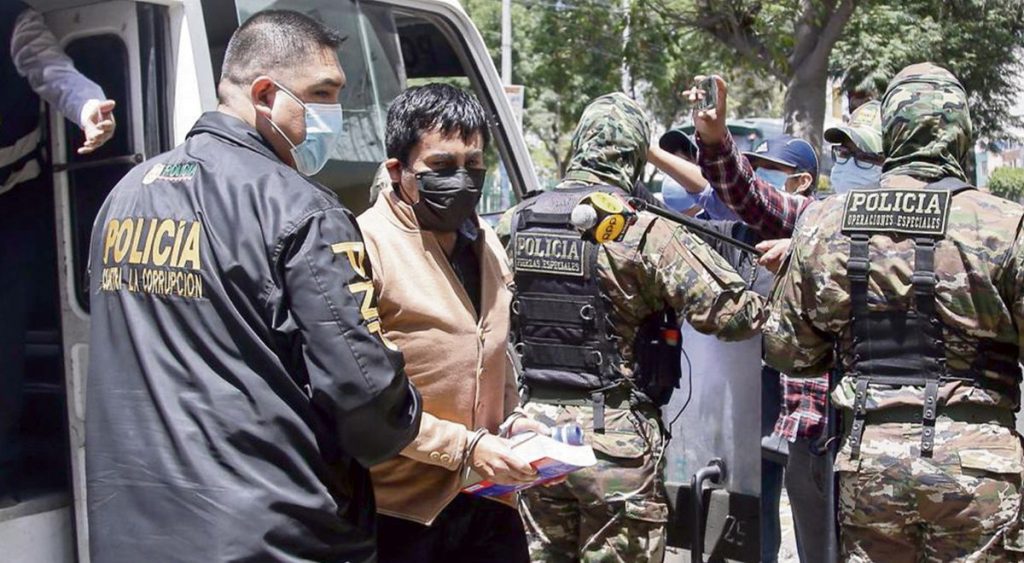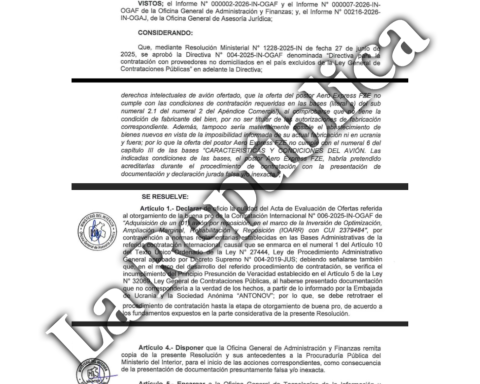With regard to the regulatory field, the grouping of the members of the Congress of the Union is governed by what is established in various legal systems. In the Constitution, it is mentioned that the law will determine the forms and procedures for the grouping of deputies (legislators) according to their party affiliation. In the Organic Law of Congress, it is specified, both in the Chamber of Deputies and in the Senate, that: a) a parliamentary group is made up of at least five legislators; b) there may only be one parliamentary group for each political party represented in the chambers, and; c) It is required to deliver constituent documents of the group (for the lower house, particularly, during the first ordinary session of the legislature, something that is indicated, in a similar way, for the upper house in its regulations).
Due to the above, particularly due to the constitutional precept that refers to party affiliation, a purist of legal semantics could infer that parliamentary groups must, as a condition sine qua non, of having a partisan component, in addition to the fact that, according to the provisions of the other legal instruments, it must be done at a specific moment of the legislature: at the beginning of this. In the aforementioned agreement, however, it is said that it is privileged to “guarantee the rights to freedom of expression, freedom of assembly and free association of the senators who intend to constitute the so-called Plural Group.”
It is important to note that, in a related way, currently in the Senate there are two issues related to the benches that should attract attention. The first that persists the Parliamentary Group of the Social Encounter Party. This is relevant because in September 2018 the opinion of the General Council of the National Electoral Institute (INE) regarding the loss of registration of the Social Encounter Party (PES) was published in the Official Gazette of the Federation, by virtue of not having obtained by at least 3 percent of the valid vote cast in the 2018 Federal Ordinary Election. So if the PES is not registered as a national political party, should it be able to have a parliamentary group? The second has to do with the number of members of three benches: the PES, the PT and the PRD. The first two have 4 members; the third with three. Given this, another question arises: why do these benches subsist, with the implicit prerogatives, if they do not have at least five members?













